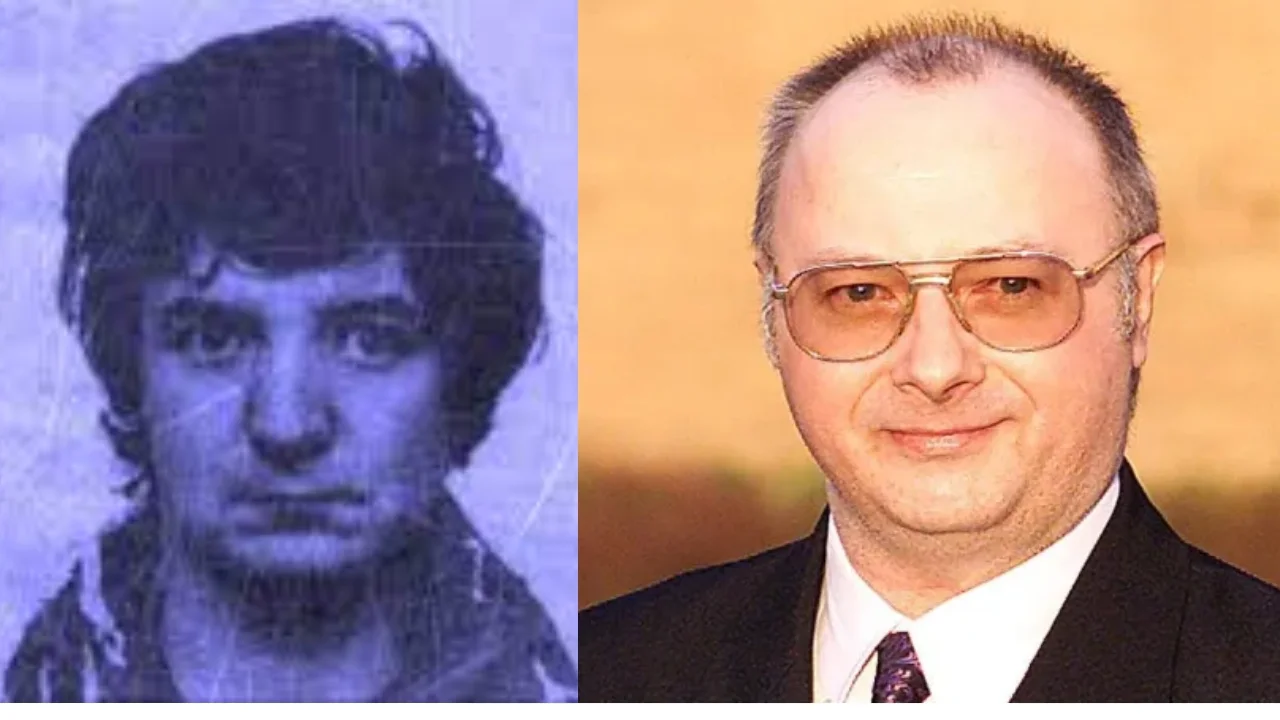The Peter Sullivan court case has officially become one of the most significant miscarriages of justice in British legal history. On May 2025, the Court of Appeal overturned Sullivan’s 1987 conviction for the murder of 21-year-old Diane Sindall in Birkenhead, Merseyside. After spending nearly 39 years in prison, Sullivan was released at age 68, making him the longest-serving wrongly convicted inmate in the UK.
New Forensic Evidence Quashes Peter Sullivan Court Case After Decades in Prison
Diane Sindall, a young barmaid engaged to be married, was attacked, sexually assaulted, and killed in August 1986. Peter Sullivan, then in his early 30s, became the prime suspect due to circumstantial evidence and a controversial confession made under duress without legal representation. Despite no eyewitnesses identifying him and a lack of conclusive physical evidence, Sullivan was convicted and sentenced to life in prison in 1987.
Peter Sullivan Court Case Undone by DNA Breakthrough
The turning point in the Peter Sullivan court case came in 2024, when forensic experts re-examined semen samples from the crime scene using advanced DNA testing. The results proved Sullivan was not the source, and instead pointed to an unidentified man. The Criminal Cases Review Commission quickly referred the case to the Court of Appeal, where prosecutors admitted Sullivan would not have been charged had the DNA evidence existed in 1987.
Justice Holroyde declared the conviction unsafe and ordered Sullivan’s immediate release, calling the case a “profound and tragic miscarriage of justice.”
New Evidence Found in the Madeleine McCann Case: Hidden Hard Drive Discovered in Germany
Fallout and Reflection on the Peter Sullivan Court Case
Following his release, Peter Sullivan made a powerful statement: “I am not angry, I am not bitter… The truth shall set you free.” His dignified response stood in contrast to the decades of injustice he endured. The case has reignited public debate over coerced confessions and outdated forensic practices, prompting calls for reform in the British criminal justice system.
Merseyside Police have now reopened the original investigation, using the new DNA profile to search for the true killer. The Peter Sullivan court case serves as a stark reminder of the importance of reliable evidence and due process—and the devastating human cost when those principles are ignored.

